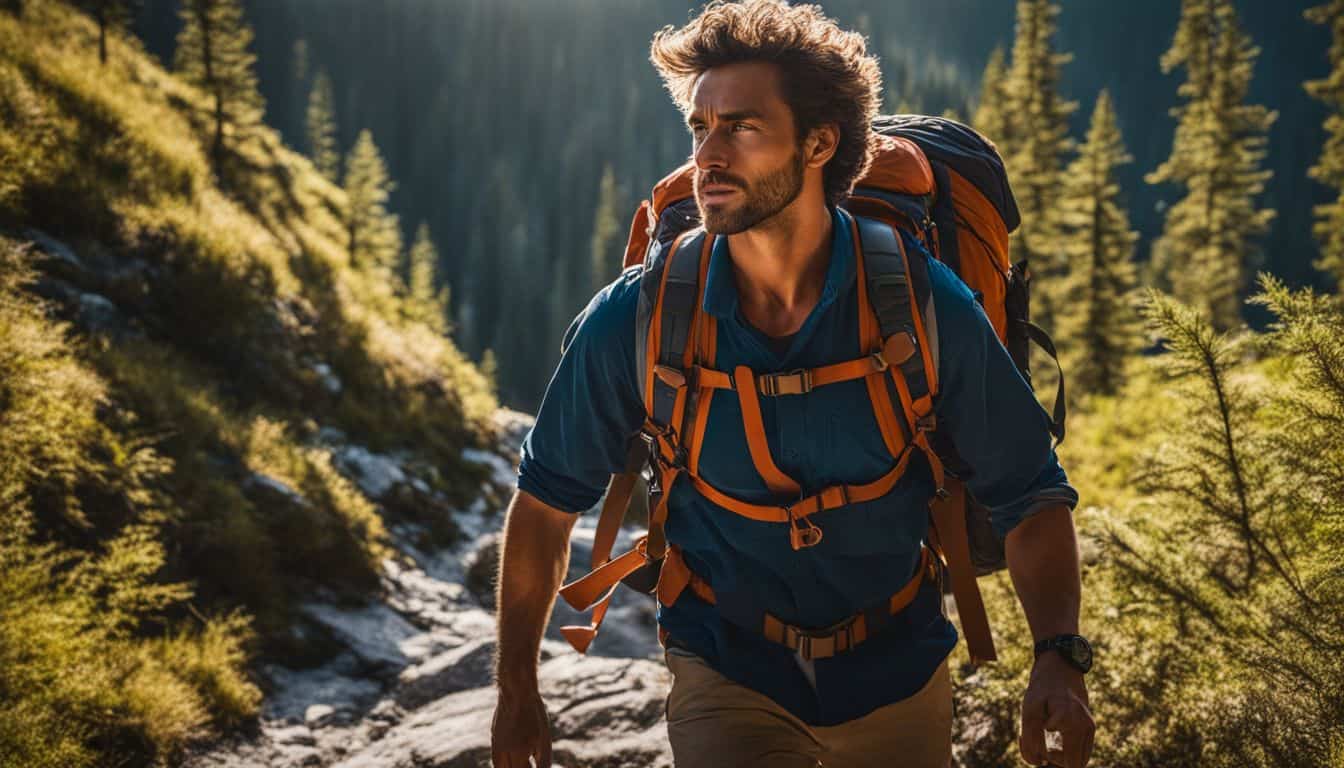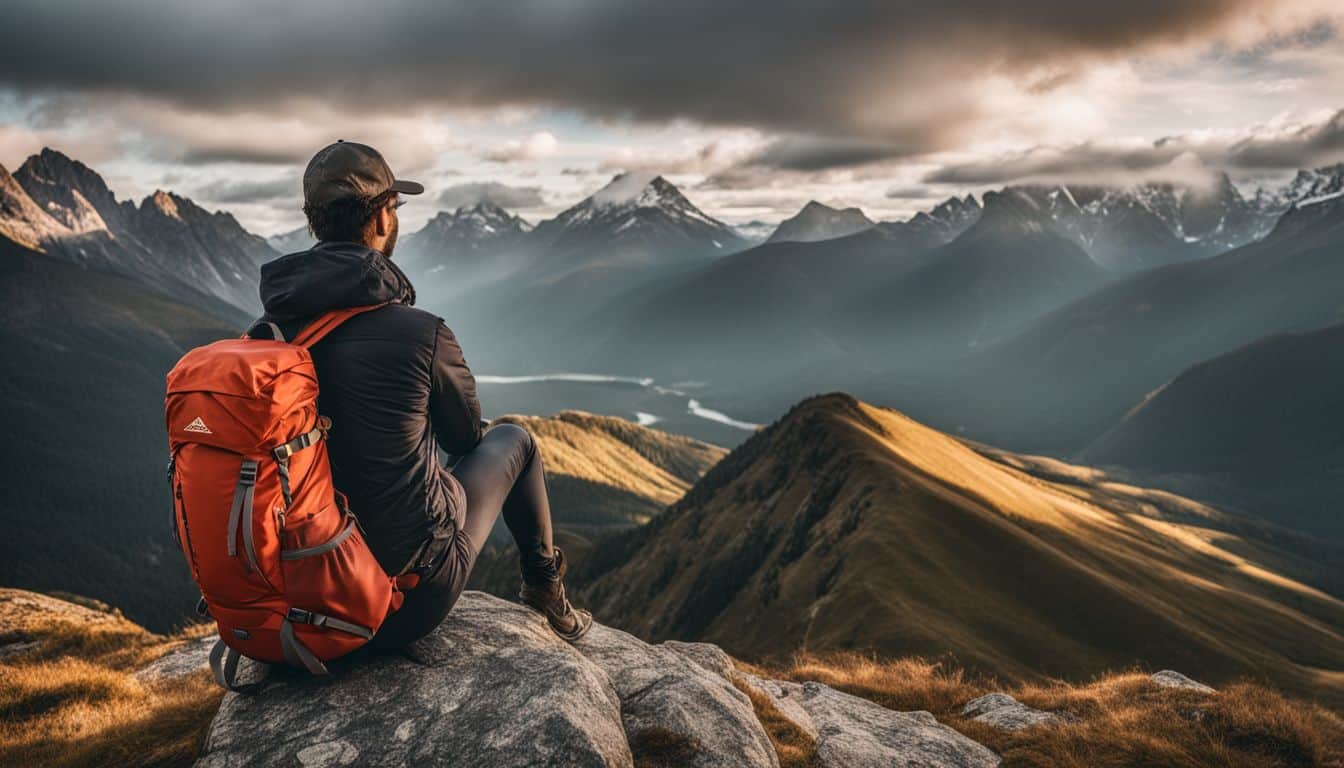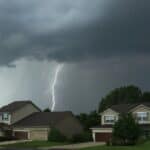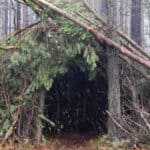Backcountry camping offers a unique opportunity to escape the crowds and immerse yourself in nature. However, venturing into the wilderness requires proper preparation, knowledge, and skills to ensure a safe and enjoyable experience. This article will provide a comprehensive beginner’s guide to backcountry camping, covering essential tips, gear, and skills needed for a successful trip.
Table of Contents
Choosing a Destination
Start with easy-to-access locations
As a beginner, choose backcountry campsites that are relatively close to the trailhead or access point. This lets you get comfortable carrying and using your gear without venturing too far into the wilderness. Starting with shorter trips and gradually increasing the distance and difficulty will help you build confidence and experience.

Consider national parks and public lands
National parks offer well-traveled but still remote backcountry camping destinations. Be aware that most national parks require backcountry permits, which can be in high demand during peak seasons. Other public lands like national forests, state parks, and Bureau of Land Management (BLM) land also provide opportunities for backcountry camping.
Essential Gear for Backcountry Camping
Shelter
Choose a suitable tent, tarp, or hammock based on your preferences and the expected weather conditions. Practice setting up your shelter before your trip to ensure you have all the necessary components and know how to use them. A reliable shelter is crucial for protecting you from the elements and providing a comfortable place to rest.
Sleeping system
Invest in a quality sleeping bag and pad appropriate for the temperatures you’ll encounter. When selecting your sleeping gear, consider factors like insulation, weight, and packability. A warm and comfortable sleeping system will help you get the rest you need to enjoy your backcountry experience.
Cooking and food storage
Pack a lightweight stove, fuel, and cooking utensils for preparing meals in the backcountry. Bring bear canisters or hang your food properly to prevent attracting wildlife. Proper food storage is essential for both your safety and the well-being of the animals in the area.
Carry a map, compass, and/or GPS device, and know how to use them for navigation. Pack a first-aid kit, emergency shelter, and communication device for safety. Being prepared for emergencies and knowing how to navigate will give you peace of mind and help you handle any challenges that may arise.
Essential Skills for Backcountry Camping
Leave No Trace principles
Understand and practice the seven principles of Leave No Trace to minimize your impact on the environment. These include proper waste disposal, campsite selection, and respect for wildlife. By following these principles, you’ll help preserve the natural beauty of the backcountry for future generations.
Learn how to read a map and use a compass for navigation in the backcountry. Study your route beforehand and be prepared for potential challenges like river crossings or steep terrain. Knowing how to navigate will help you stay on track and avoid getting lost in the wilderness.
Water purification
Know how to purify water from natural sources using filters, chemical treatments, or boiling. Carry enough water and have a plan for resupplying during your trip. Access to clean drinking water is essential for staying hydrated and healthy in the backcountry.
Weather awareness and safety
Be aware of potential weather hazards in your destination, such as thunderstorms, flash floods, or extreme temperatures. Know how to set up camp and adjust your plans in case of inclement weather. Being prepared for and knowing how to respond to weather changes will help keep you safe and comfortable.
Preparing for Your Trip
Physical conditioning
Gradually build up your fitness level through regular hiking and carrying a weighted backpack. This will help you feel more comfortable and confident on your backcountry camping trip. Being in good physical shape will make the experience more enjoyable and less strenuous.
Meal planning and packing
Plan your meals and snacks based on the duration of your trip and your nutritional needs. Repackage food into lightweight, waterproof containers to save space and reduce waste. Having a well-planned food supply will ensure you have the energy and nutrients needed for your backcountry adventure.
Gear testing and familiarization
Test your gear, especially new items, before your trip to ensure everything works properly. Familiarize yourself with how to use your stove, water filter, and other essential equipment. Being comfortable with your gear will make your trip smoother and more enjoyable.

Conclusion
Backcountry camping is a rewarding way to experience the beauty and solitude of nature, but it requires careful preparation and knowledge. Beginners can embark on a safe and enjoyable backcountry camping adventure by choosing an appropriate destination, packing essential gear, learning necessary skills, and preparing thoroughly.
Remember always to prioritize safety, practice Leave No Trace principles, and respect the wilderness environment. With the right mindset and preparation, backcountry camping can be a transformative experience that deepens your connection with nature and yourself.
For more tips on solo camping, check out our comprehensive guide on how to make the most of your solo adventures in the great outdoors.







Leave a Reply